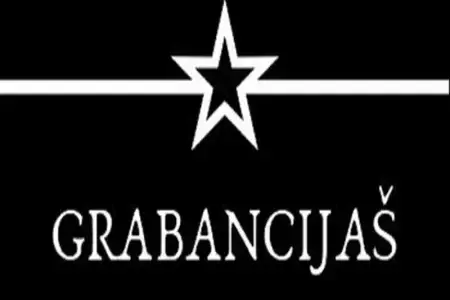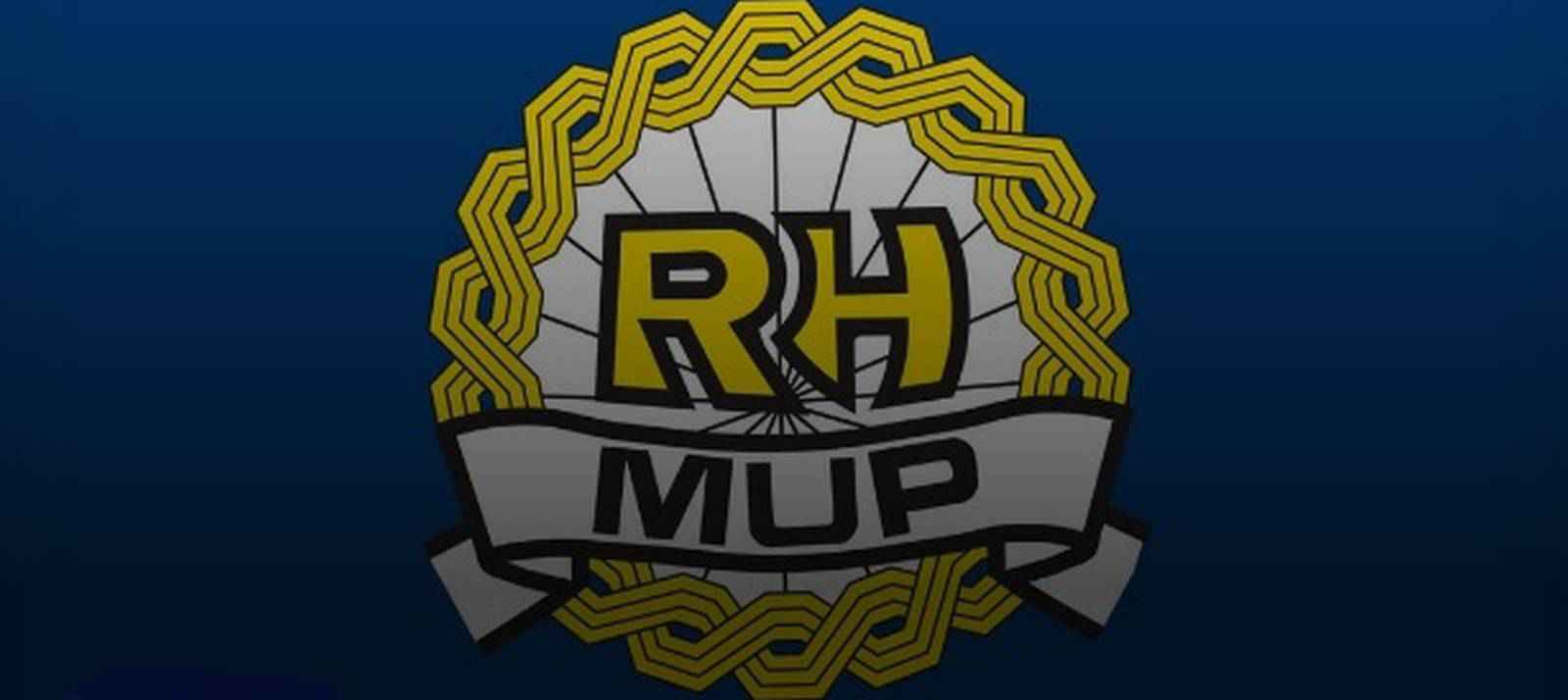Department for Public Relations at Croatian Ministry of Interior offered rebuttal of article published by The Guardian which alleges humiliation of migrants perpetrated by the Croatian police on religious grounds. Here’s the rejection, in full:
“Yesterday, The Guardian published an article online which is yet another in a row filled with factually unfounded accusations at the expense of the Croatian police and their treatment of illegal migrants.
This time, the unfounded accusations went a step further, stating that Croatian police officers spray-painted the heads of migrants who attempted to enter the Republic of Croatia illegally with an intention of marking, humiliating and traumatising them considering that their heads were painted with crosses and the majority of the migrant population are Muslim.
Croatian police officers are accused of xenophobia in a tendentious and biased manner, and sensationalist articles. It is particularly absurd that such accusations are aimed at police officers of a country which has exceptionally good and friendly relations with the Islamic Community.
What is particularly worrying and deserving of most severe criticism is the fact that such an article, which clearly incites religious intolerance, was published in the month of Ramadan.
Accusations of humiliation of migrants perpetrated by the Croatian police on religious grounds are completely absurd, even dangerous if we take into consideration that they were made during the month of Ramadan.
The insinuations that migrants are marked with crosses due to their religion shows the absolute ignorance of the author of this article and preformed attack against the Republic of Croatia without any knowledge of basic facts. More precisely, it is widely known that the Republic of Croatia has excellent relations with the Muslim community which is highly appreciated in the Croatian society, and is often taken as an example of good cooperation with religious communities by the international public. We would also like to draw attention to the Conference on Muslim communities in Europe – their rights and obligations, where it was pointed out that, for years, the Islamic Community in Croatia has been promoting an idea which could serve as a model for addressing the Muslim issue in Europe, as well as the issue of Christian minorities in the Islamic world.
The Ministry of the Interior of the Republic of Croatia faced various accusations even before regarding the activities taken with the aim of protecting its border. However, in this particular case, the scope of accusations made by the author of the article is truly terrifying.
As in all previous cases where such accusations were made at the expense of the Croatian police, they were immediately verified through the competent police administrations, which includes the examination of records on the treatment of migrants, interviews with heads of shifts in police stations and police officers who were on duty at the relevant time, as well as visits to locations on the border with Bosnia and Herzegovina. It has been established that the Croatian police took no action against migrants at the relevant time in the area near the border with Bosnia and Herzegovina, nor were there any records of their movements towards the Croatian border. The allegations from the newspaper article are simply not true because they weren’t a result of actions taken by the Croatian police.
Unfortunately, we believe that this bizarre case is yet another in a long line of accusations due to the fact that the Croatian police consistently implement the measures aimed at protecting the external EU border and do not tolerate illegal entries into the Republic of Croatia. The Republic of Croatia is exposed to constant pressures exerted by various interest groups who are trying to weaken the measures on the Croatian border. In 2019, the Croatian police arrested more than 1000 persons for human smuggling and facilitating illegal migration. The establishment of a camp in Lipa which is not located 25 km from the border, as stated in the article, but only 5km, has led to the same issue of organised illegal migration towards the Republic of Croatia. The only difference between this camp and the one in Vučjak are better humanitarian conditions for the accommodation of migrants.
The author of this article spoke with an activist from No Name Kitchen and the Border Violence Monitoring Network, two organisations which, for years now, have been leading in accusations against the Croatian police due to their treatment of illegal migrants.
We would like to point out that, according to the available information, the No Name Kitchen organisation led a violent attempt made by hundreds of migrants to enter the Republic of Croatia on the border with the Republic of Serbia in December 2018, which was prevented in coordination with the Serbian police. As indicated in the article, No Name Kitchen currently operates in a migrant camp in Velika Kladuša.
The Border Violence Monitoring Network regularly publishes accusations on its website against the Croatian police and the Republic of Croatia, as well as all other countries on the Balkan migrant route, regarding their treatment of migrants. The accusations that they publish contain almost no information or data that could be verified, as is the case in the online article published by The Guardian.
It is widely known that the Republic of Croatia has excellent relations with the Muslim community which is highly appreciated in the Croatian society, and is often taken as an example of good cooperation with religious communities by the international public.
The existing work of the author of this article can in no way be considered professional and objective reporting. Such “newspaper” articles are written with preformed attitudes that the Croatian police abuse migrants, while on the other hand they provide no information or data that could be verified and to which a substantiated response could be made, as is the case described in this newspaper article.
>>>Hrvatski policajac posvjedočio o ‘pogrešnom postupanju’ protiv migranata: BBC VIDEO
However, the obvious fact which intentionally always goes unspoken is that there are thousands of migrants in Bosnia and Herzegovina in the proximity of the border that it has to protect, and that they attempt to enter the EU illegally and are prepared to use any means to achieve their goal, including giving false statements against police officers who discourage them in their attempt on a daily basis.
The following also indicates to biased reporting: there is no mention of numerous cases of violence among migrants in Bosnia and Herzegovina, or of attacks on security services in Bosnia and Herzegovina, much like migrants’ lives saved by the Croatian police, as well as a recent case of 11 migrants who fell in a cave when running from the Bosnian and Herzegovinian police and were saved by the Bosnian and Herzegovinian Mountain Rescue Service.
Due to this fact, accusations of humiliation of migrants perpetrated by the Croatian police on religious grounds are completely absurd, even dangerous if we take into consideration the time they were made public.
When considering such accusations, one should always ask why a police officer would be involved in such wrongdoing and in whose interest it is to publish such news. This should always be the starting point for examining such articles.
In any case, these and other similar articles will not weaken the measures taken by this Ministry to protect the state border.
We would also like to use this opportunity to reiterate that when dealing with migrants the police respect all their fundamental rights and dignity and allow them access to the international protection system if they are in need of such protection, in accordance with the general human rights documents, European Union regulations and national legislation.”
MUP


